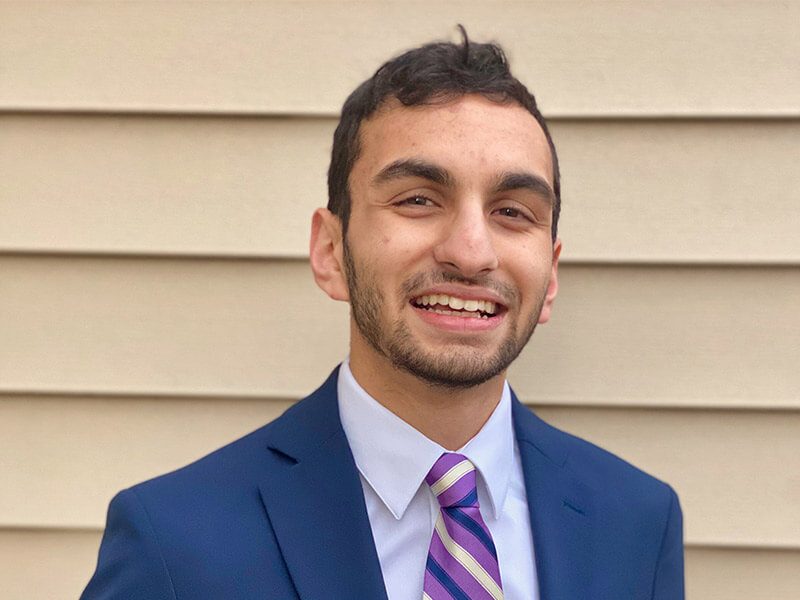Make an Impact
Enhance your undergraduate experience, gain hands-on skills, and explore potential career paths through research. You’ll work closely with faculty mentors and gain insight into whether graduate study is right for you.
Consider your interests and explore faculty whose research aligns with yours. A great starting point is the many research labs in the College of the Liberal Arts.
Find Research Opportunities
Try the additional options below to find a project that works for you, whether in your home department or another unit.
- Visit Penn State’s Undergraduate Research website.
- Meet with a career coach in the Liberal Arts Career Enrichment Network.
- Visit your academic department website.
- Discuss possibilities with your academic adviser.
- Check out Penn State institutes and centers, especially the centers and institutes in the College of the Liberal Arts, as well as the Liberal Arts Sustainability Council.
- Check the positions posted on the University’s Nittany Lion Careers website.
- Talk with a professor whose class you especially liked.
- When you contact a professor about a possible research opportunity, approach the conversation as if you were applying for a job—because you are! Provide a copy of your résumé, and use your email inquiry as a cover letter to highlight the skills you can bring to the project and why you are interested in working with the professor.

Find Research Funding
There are many opportunities for Liberal Arts students to earn credits and/or wages by becoming a research assistant. Depending on what type of research project you choose and when you participate, there may be costs associated with it such as living expenses, supplies and materials (books and software), travel expenses, and more. Students should fill out the general enrichment funds application through the Liberal Arts Career Enrichment Network to apply for research funding.
Several college and University programs offer additional undergraduate research support.
Liberal Arts Undergraduate Research Fund and the President’s Fund for Undergraduate Research
Liberal Arts students may apply for funds to facilitate or enhance your research project or enable you to work on a meaningful faculty-led research project during the academic year or summer. These funds may also be used to support an undergraduate research experience at one of the college’s research centers. Funds may be used to purchase supplies and materials (including books and specialized software), to reimburse travel to research sites, and/or to provide wage payroll support to student researchers, among other things. Projects culminate in a written report of the student’s work (evaluated by the faculty mentor) and a presentation at the Penn State Undergraduate Exhibition. Students may also receive 494 credit for their work.
Applications initiated by students must include a letter of endorsement from the faculty mentor. Applications may be submitted at any time and will be reviewed within a two–three week period. Students should fill out the Liberal Arts Enrichment Fund application to apply.
Faculty applicants may submit relevant materials via email to Susan Johnson at saj12@psu.edu. Be sure to (1) specify clearly what the research question is and how it will be answered; (2) indicate what activities the student will engage in in order to answer the question; (3) provide details on how the total budget was computed; and (4) for student-initiated applications, include a letter of endorsement from a faculty mentor.
Liberal Arts Student Award for Research on Sustainability
The Liberal Arts Sustainability Council supports students performing sustainability-focused research in the College of the Liberal Arts. Students can apply for funds to conduct independent research projects under the supervision of a Liberal Arts faculty member.
Erickson Summer Discovery Grants
The Erickson Discovery Grant Program, administered by the University’s Office of Undergraduate Education, provides funding to undergraduate students engaged in original research, scholarship, and creative work under the direct supervision of a faculty mentor.
The Erickson Discovery Grants are for student-initiated projects that provide experience in all facets of the research, scholarship, or creative processes. This includes conceptualization of a question or focus, proposal writing, identification and implementation of methods, and communication of results (reporting, exhibition, or performance). Projects should be primarily the student’s own work; although the project may be related to the supervising faculty member’s research or scholarly interests, it should not simply provide assistance to faculty work. The grants may be used to cover living expenses and project costs (supplies, materials, books, specialized software, travel for the purpose of data collection, etc.). Funds are deposited into student accounts and therefore may have an impact on student aid or be applied to outstanding charges.
Approximately fifty grants, each in the amount of $3,500, are available.
Applications are accepted by the Office of Undergraduate Education from early December through mid-February. Learn more about additional University funding sources for undergraduate students.
Note: These applications must include the specification of a research question, a description of the specific research activities the student will engage in, an itemized budget, and a letter of endorsement from a faculty mentor.
Undergraduate Research Conference Travel
Penn State undergraduates who are presenting the results of their research or creative work at national or regional professional conferences may request financial support to defray the costs of attendance at the conference. The student must be a conference presenter, and the presentation must be related to the student’s academic program. Apply for conference travel funding at least thirty days prior to the travel date.
Note: Please submit only one application for each presentation. If there are multiple undergraduate presenters for a project, complete only one application (under the name of one of the student presenters) and add the names of the co-presenters in the area designated on the application for additional participants.
If the request is approved, the costs will be equally split among the student’s college of enrollment dean’s office, the Office of Undergraduate Education, the sponsoring academic department, and if applicable, the Schreyer Honors College. The contribution from the Office of Undergraduate Education is capped at $400 per student. Students must be a conference presenter to be eligible for Undergraduate Education funding, and the presentation must be related to the student’s academic program.
What’s the value of doing research?
Research offers a rich set of experiences that prepare students for their careers and contribute to their personal growth. It bridges the gap between theoretical knowledge and practical application, enhancing both their professional and personal skill sets.
Critical Thinking and Problem-Solving Skills
Engaging in research hones a student’s ability to analyze complex problems, evaluate evidence, and develop well-reasoned conclusions, which are essential skills in any field.
Interdisciplinary Knowledge Integration
Research often requires drawing from various disciplines, allowing liberal arts students to integrate knowledge from different areas and develop a more holistic understanding of their subject.
Enhanced Communication Abilities
Through research, students improve their ability to articulate ideas clearly and effectively, both in writing and verbally, which is crucial for academic and professional success.
Increased Career Opportunities
Undergraduate research can provide practical experience and a competitive edge in the job market or in applications for graduate programs by showcasing the student’s ability to undertake and complete complex projects.
Personal and Intellectual Growth
The research process encourages curiosity, self-motivation, and perseverance, contributing to a student’s personal development and deepening their engagement with their field of study.
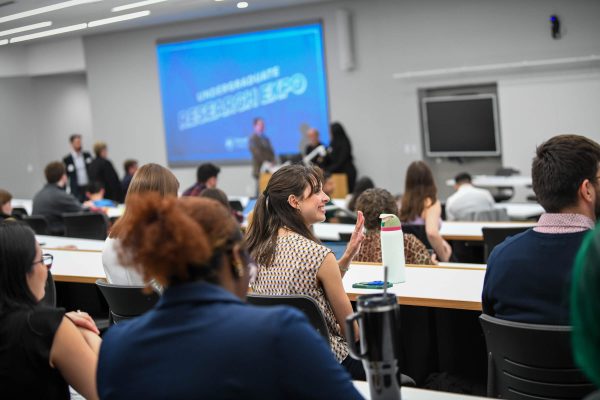
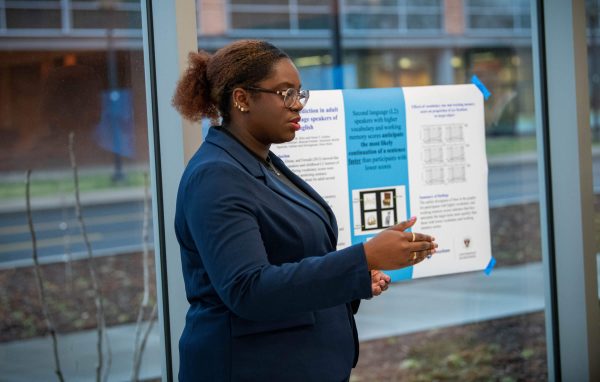
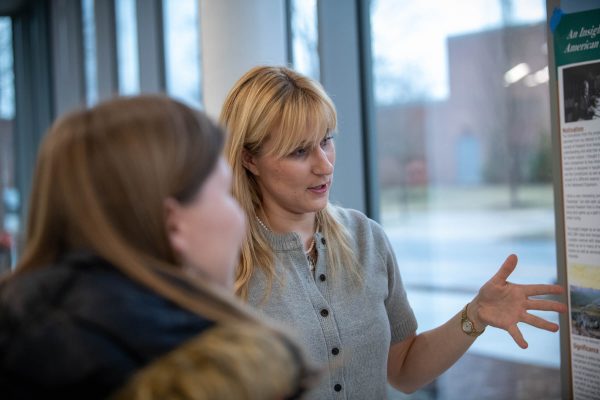
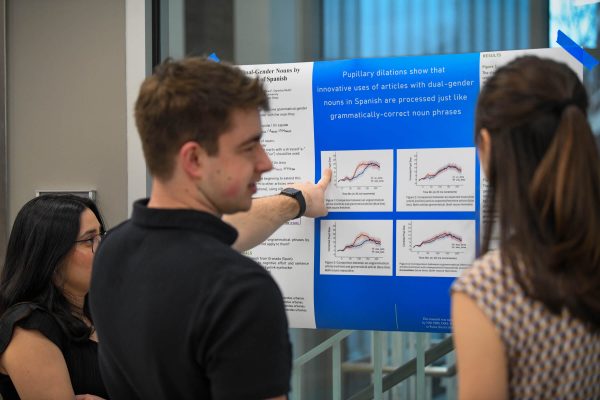
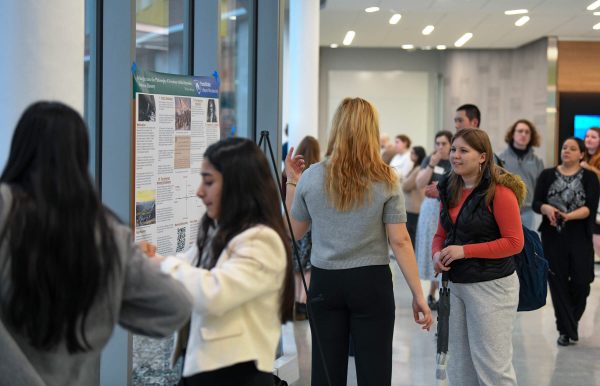
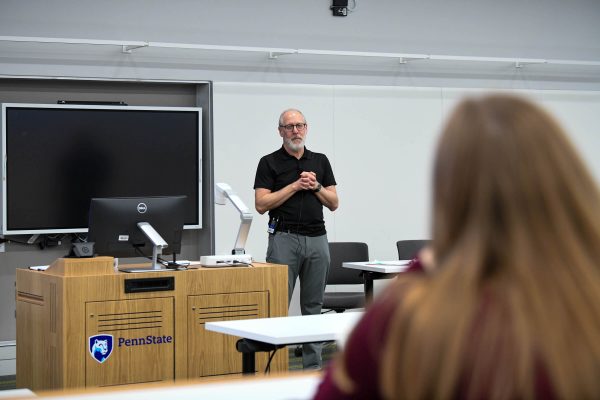
Undergraduate Research Expo
The Liberal Arts Undergraduate Research Expo showcases the incredible work of our students through peer presentations, a keynote address, and discussions on how to get involved in research—whether through faculty collaborations, independent projects, or research labs. Explore the depth and diversity of research in the College of the Liberal Arts.
Connect Your Interests to Research
Advancing Justice and Enacting Social Change
Liberal arts research in this area examines social structures, policies, and historical movements to understand and address issues like inequality, human rights, and systemic injustice. By studying law, ethics, history, and social behavior, students develop the critical thinking and advocacy skills needed for careers in law, public policy, nonprofit work, and community organizing.
Janae Sayler
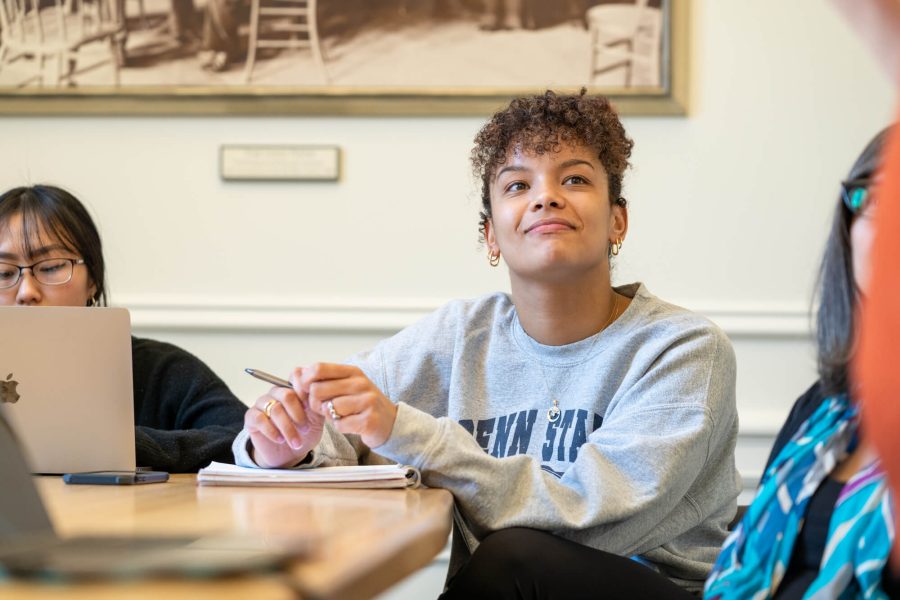
Creating Healthy Communities
Research in this area explores the social, cultural, and psychological factors that shape health outcomes and healthcare access. From studying mental health trends to analyzing healthcare policies and public health communication, liberal arts research helps prepare students for careers in healthcare, counseling, social work, and health advocacy.
Ena Altier
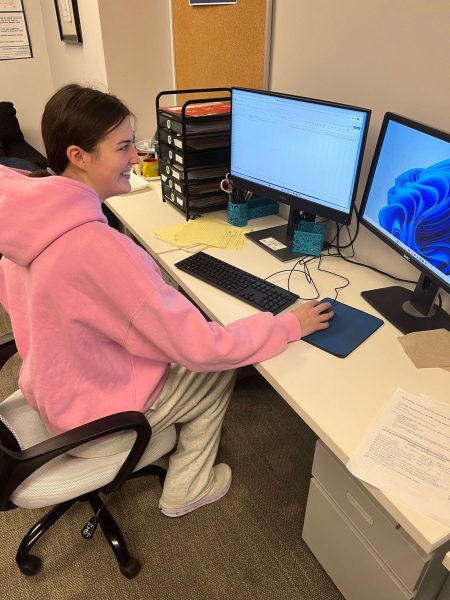
Influencing Culture and Media and Building Global Connections
Liberal arts research helps us understand how media, art, literature, and communication shape societies and global relationships. Whether analyzing digital media trends, studying language and cultural traditions, or examining political discourse, students gain insights that prepare them for careers in journalism, media production, international relations, and cultural diplomacy.
Caden Vitti
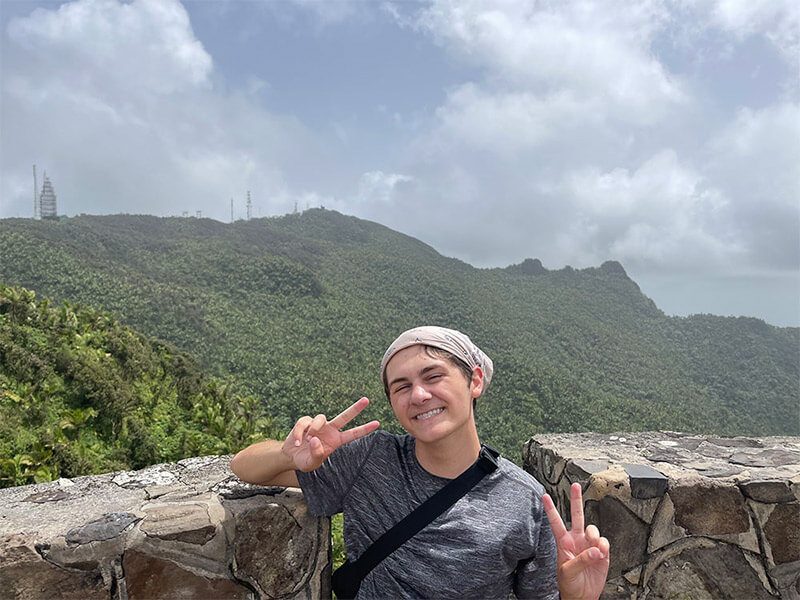
Transforming Industry and Business
From exploring ethical business practices to understanding consumer behavior and workplace culture, liberal arts research provides valuable insights for the modern economy. Studying psychology, communication, and sociology can prepare students for careers in marketing, management, human resources, entrepreneurship, and corporate social responsibility.
Nicholas Banerjee

Upcoming Undergraduate Research Events
Alexis Wilson

Miguel Morazan

Simone Warren

Diana Lopez

Cameryn Allen
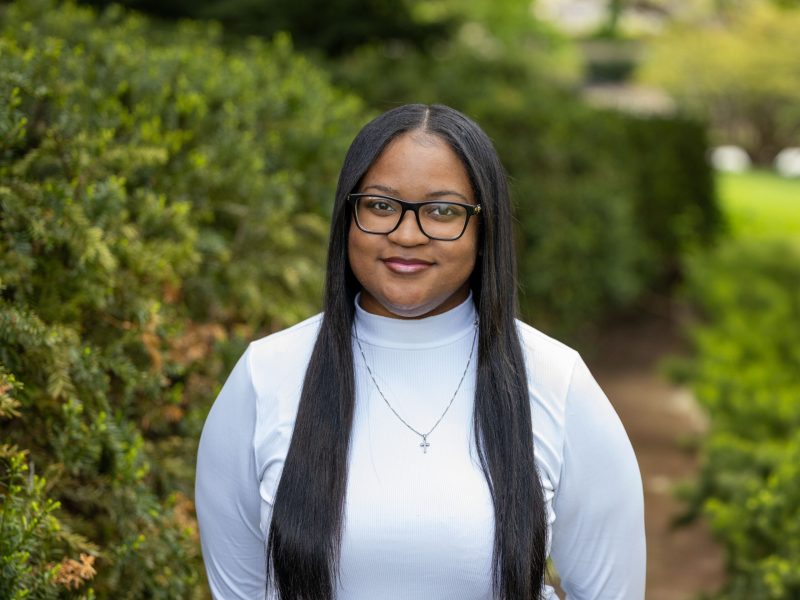
Anna Raquel Duiker

Cara Arnoldi

Jasmine Upchurch
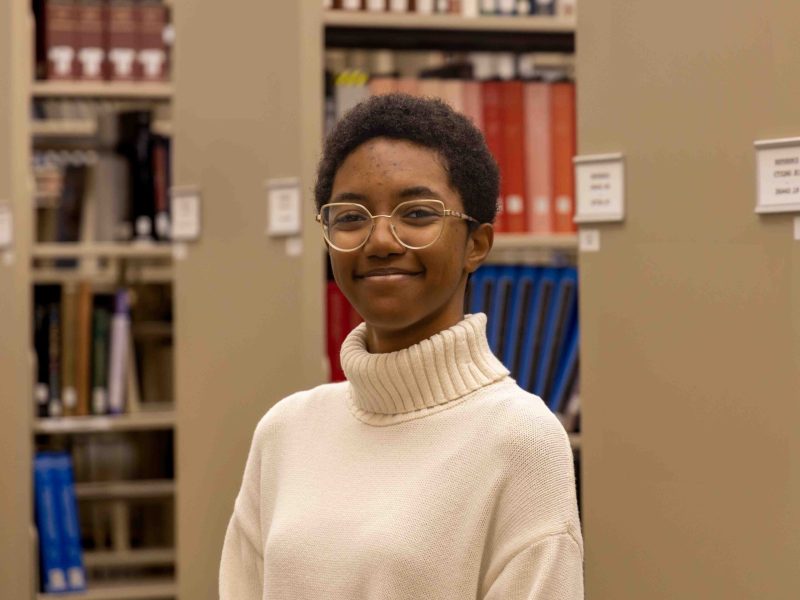
Cherish Graham
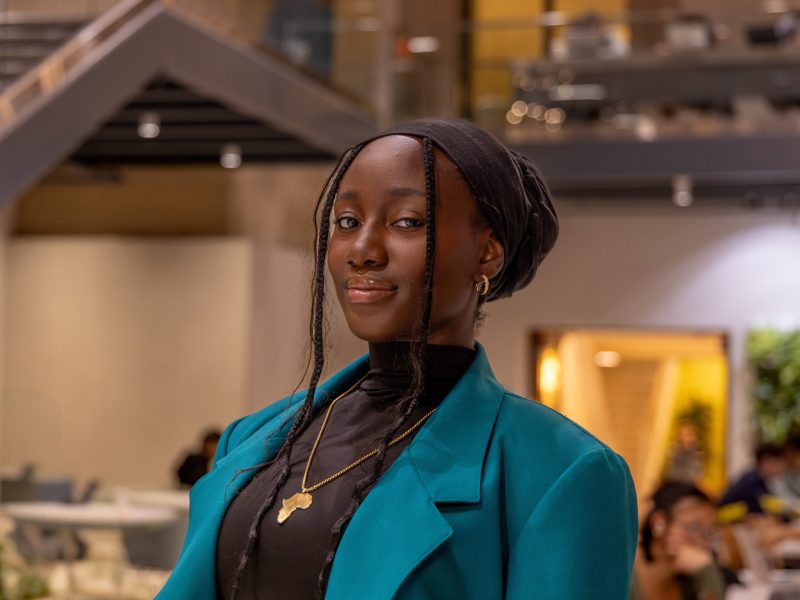
Sarah Paterno
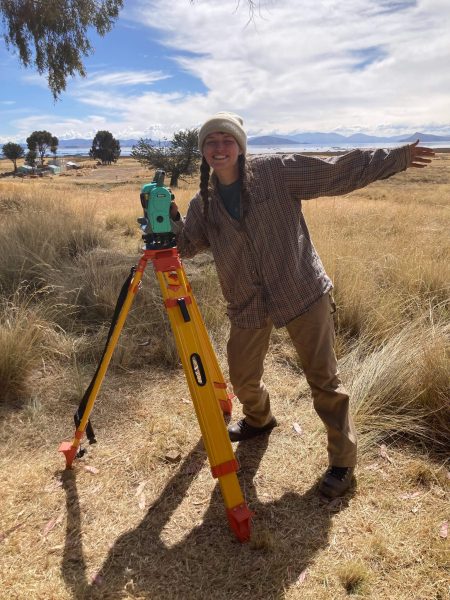
Caden Vitti

Melody Munitz
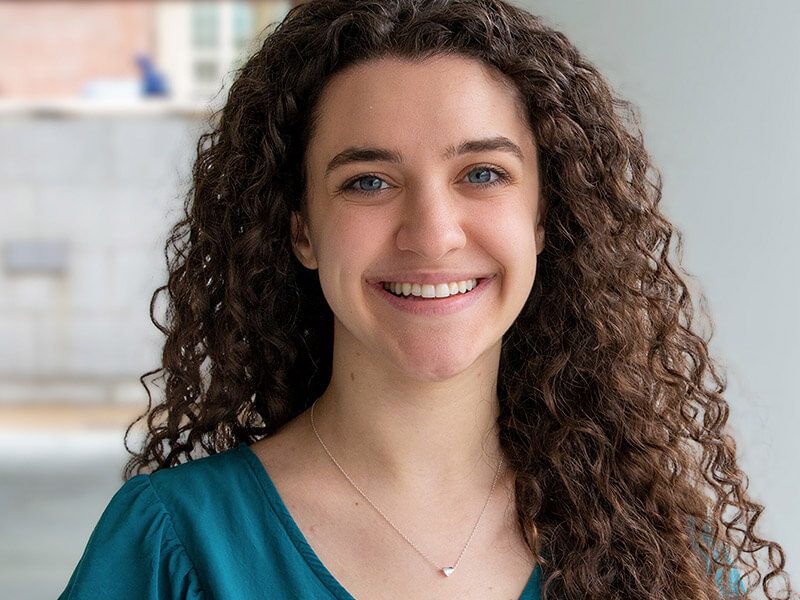
Luisina Kemanian-Leites
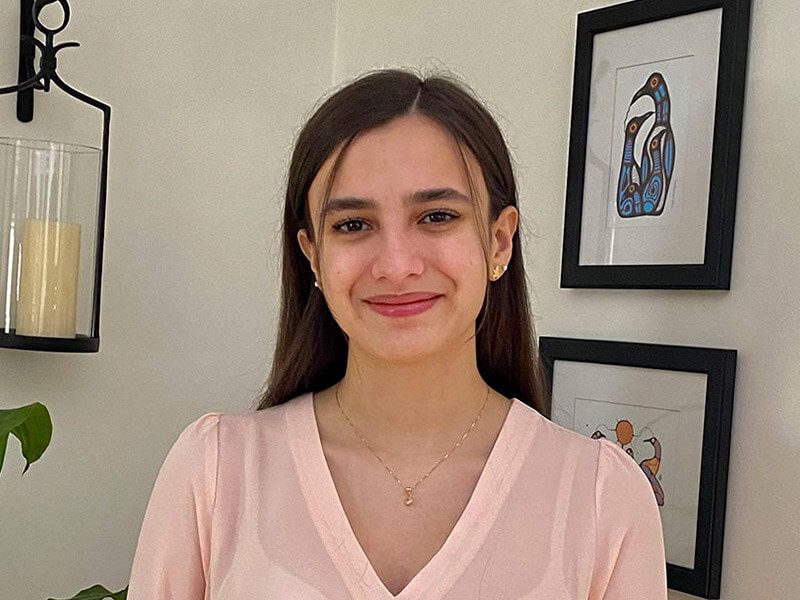
Carter Gangl

Emma Cohen
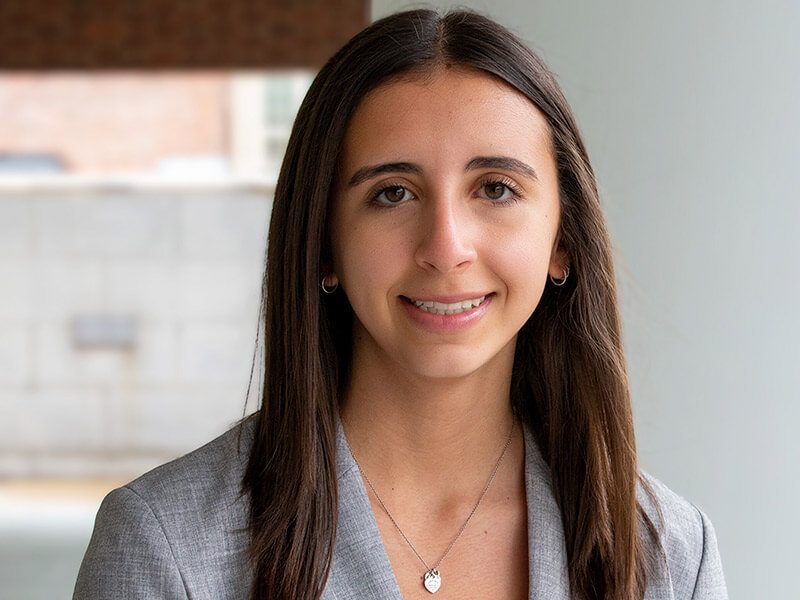
Nicholas Banerjee
